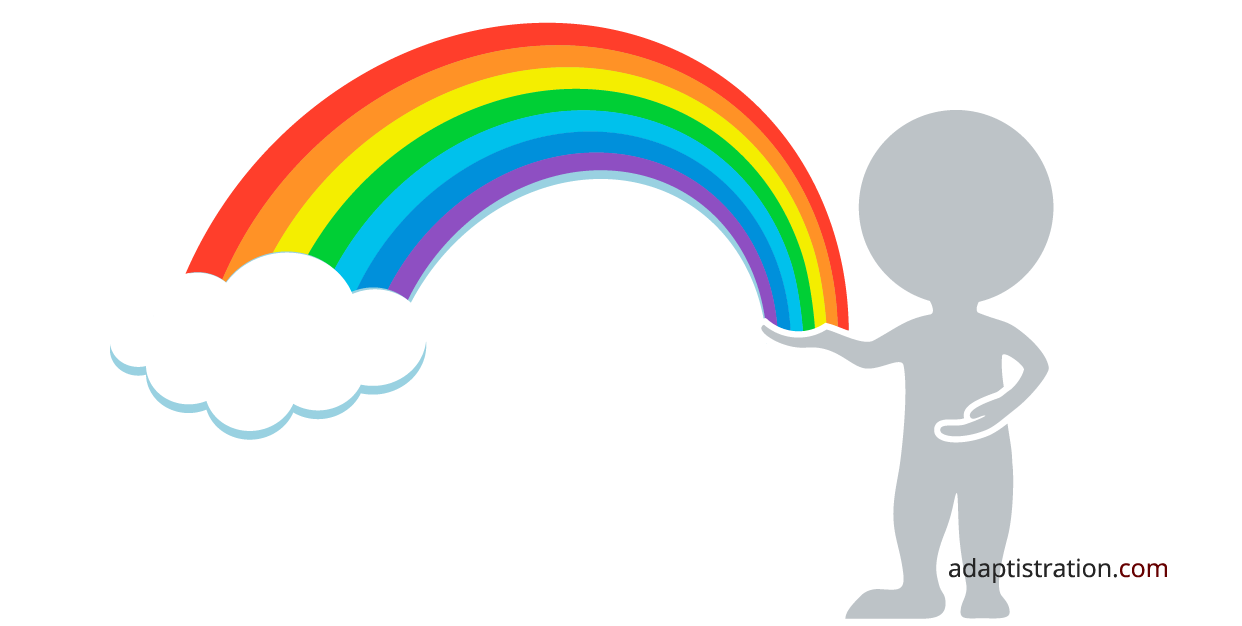It’s funny how the pandemic can make old conversation new again when viewed through the lens of hyper pragmaticism. The whole traditional vs. contemporary programming debate is a good example.
Recently, the New York Times published an interview with cellist David Finckel and pianist Wu Han, who jointly run the Chamber Music Society of Lincoln Center. In a nutshell, the couple makes it clear that traditional repertoire has more than enough artistic diversity to last a lifetime so there’s next to no need for programming works by contemporary composers. While I could pull a dozen quotes to analyze, this one captures much of the larger discussion.
“There is more variety and diversity in a single string quartet of Haydn,” Finckel said, “than you can find in about a hundred works of other composers.”
Let that sink in for a moment.
What seems different this time around from similar proclamations over the past three decades was the amount and depth of blowback.
Joshua Kosman wrote a fabulous response in the San Francisco Chronicle.
Finckel is like the proprietor of a hamburger joint that claims to offer a broad and varied menu because you can get a hamburger with ketchup or with mustard, or with ketchup and mustard, and with onions either on top or on the side. At some point you have to consider that there might be other things in the world than hamburgers.
Flip over to Twitter and you’ll find a bevy of articulate responses (be sure to go through the comment threads).
In the face of @zwoolfe's critique, leaders of the Chamber Music Society defend their conservative programming. Haydn, it appears, displays sufficient "variety and diversity" in himself. No Haydn would exist if such attitudes had prevailed in the 1700s. https://t.co/SnoPGzQAFb
— Alex Ross (@alexrossmusic) November 9, 2021
“We never want to force people to listen to music that they don’t want to listen to because we think it’s good for them.” https://t.co/qXtRSw8Iaj
— Zachary Woolfe (@zwoolfe) November 9, 2021
I’m sorry, am I having trouble reading or is this response to “how has the pandemic changed you and your [chamber music society]” absolutely unhinged??? pic.twitter.com/2TlVhsxBvn
— Gabrielle Cornish (@gcornish91) November 10, 2021
If nothing else, there’s a genuine opportunity for the field and its stakeholders to step out of the corner it painted itself into when it comes to programming. There’s never been a more affordable opportunity than we have today to correct racial and gender diversity while building healthier long-term relationships with a much broader audience base.



Rolling my eyes. I added this to my blog post about the, uh, discussion.
Loved the lined “wielding a very sharp pencil” for Joshua’s post.